Search the Special Collections and Archives Portal
Search Results
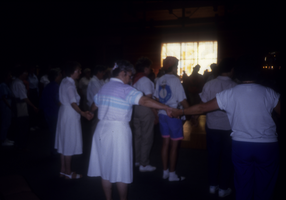
Protesters inside Christ the King Church in Las Vegas, Nevada: photographic slide
Date
Archival Collection
Description
From the Sister Klaryta Antoszewska Photograph Collection (PH-00352)
Image
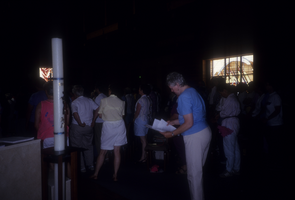
Protesters inside Christ the King Church in Las Vegas, Nevada: photographic slide
Date
Archival Collection
Description
From the Sister Klaryta Antoszewska Photograph Collection (PH-00352)
Image
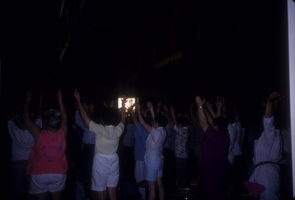
Protesters inside Christ the King Church in Las Vegas, Nevada: photographic slide
Date
Archival Collection
Description
From the Sister Klaryta Antoszewska Photograph Collection (PH-00352)
Image

Unidentified from demonstration at Nevada Test Site: photographic slide
Date
Archival Collection
Description
From the Sister Klaryta Antoszewska Photograph Collection (PH-00352)
Image

Unidentified man at demonstration at Nevada Test Site: photographic slide
Date
Archival Collection
Description
From the Sister Klaryta Antoszewska Photograph Collection (PH-00352)
Image

Fred Landau and other protestors at demonstration at Nevada Test Site: photographic slide
Date
Archival Collection
Description
From the Sister Klaryta Antoszewska Photograph Collection (PH-00352)
Image

Protestors seated at Nevada Test Site: photographic slide
Date
Archival Collection
Description
From the Sister Klaryta Antoszewska Photograph Collection (PH-00352)
Image
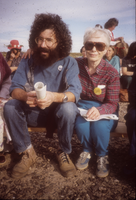
Fred Landau and Rosemary Lynch at Passover demonstration at Nevada Test Site: photographic slide
Date
Archival Collection
Description
From the Sister Klaryta Antoszewska Photograph Collection (PH-00352)
Image
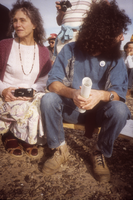
Fred Landau and other protestors at demonstration at Nevada Test Site: photographic slide
Date
Archival Collection
Description
From the Sister Klaryta Antoszewska Photograph Collection (PH-00352)
Image
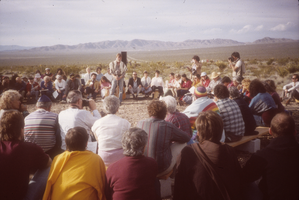
Crowd of protesters at Nevada Test Site, Nevada: photographic slide
Date
Archival Collection
Description
From the Sister Klaryta Antoszewska Photograph Collection (PH-00352). Protestors that appear to be holding a meeting and holding a demonstration at the Test Site.
Image
